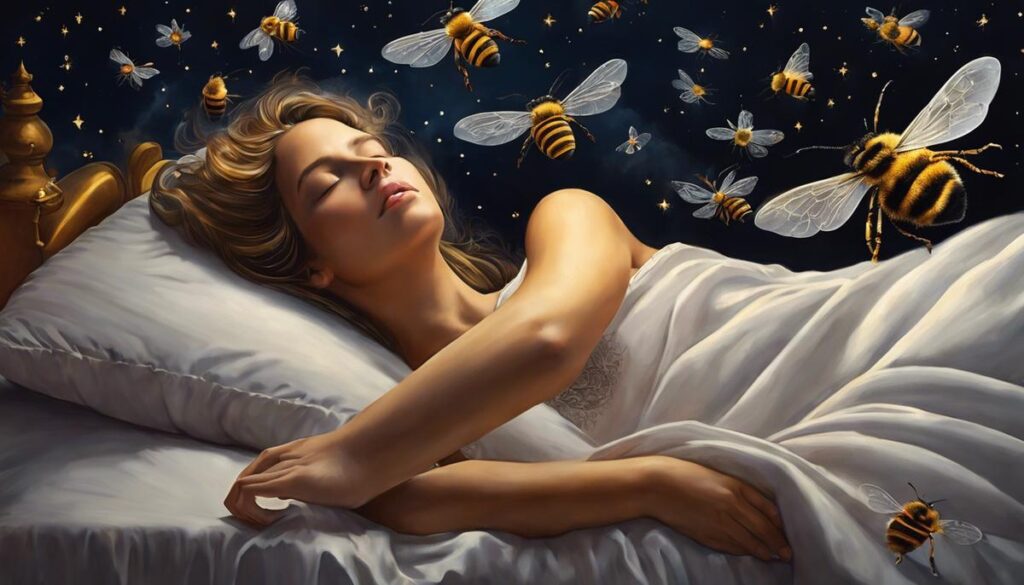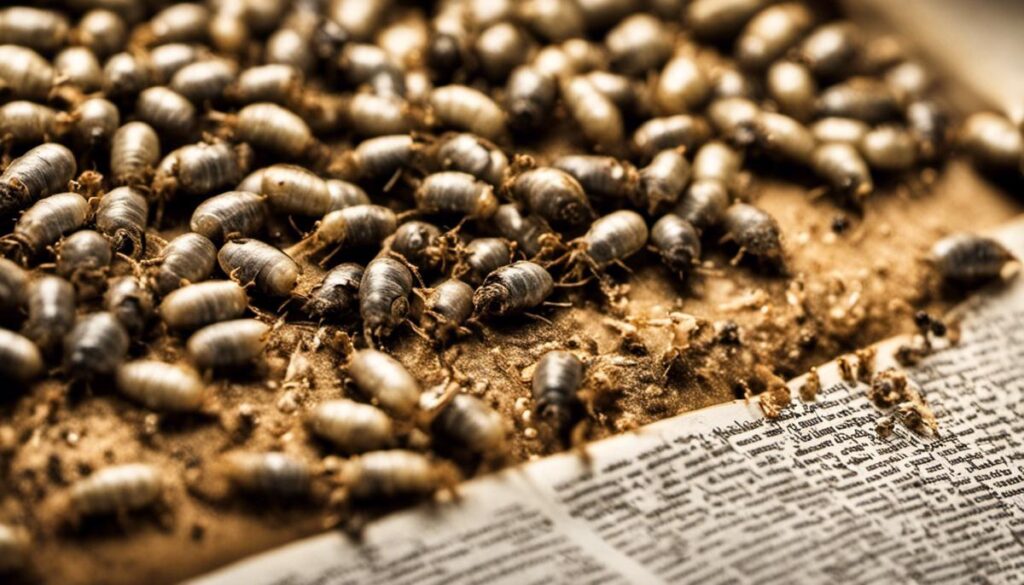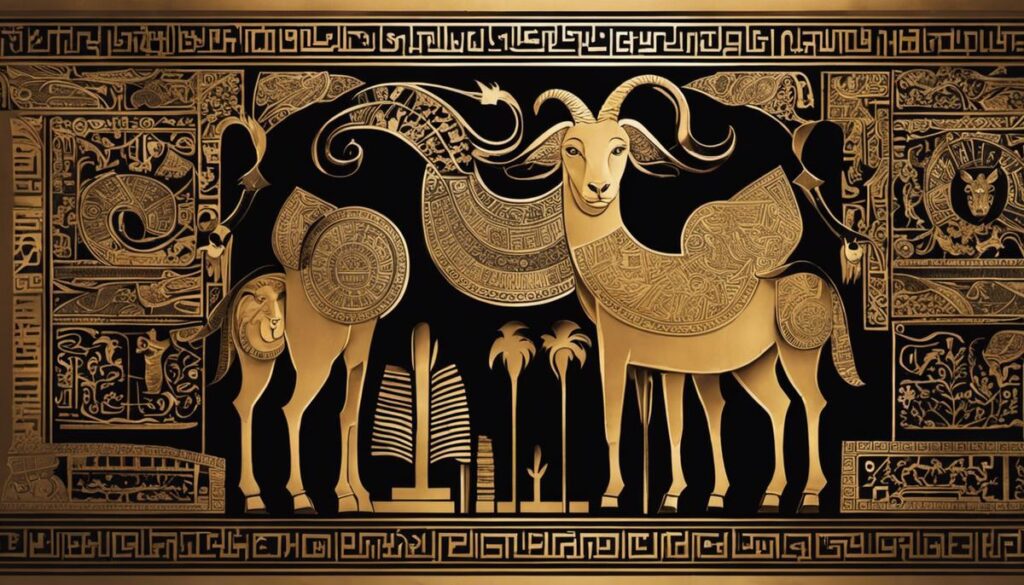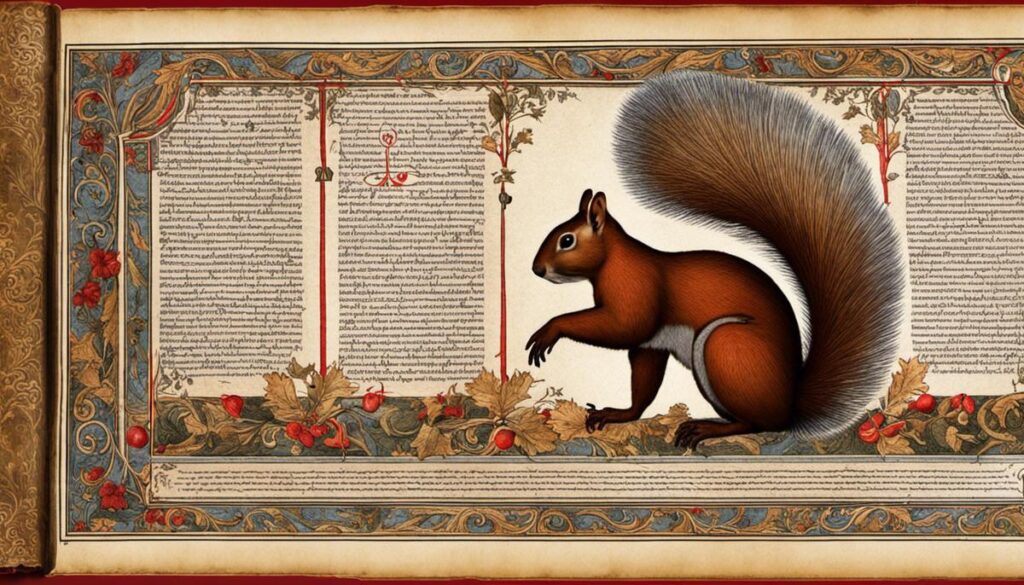The intricate workings of our subconscious mind often communicate through the universal language of dreams, spurring voyages of self-exploration guided by the interpretation of these symbolic narratives. Our dreams often bear messages, frequently veiled in metaphor, that can hold profound insight into our inner psyche and emotional landscape. One such potent symbol is that of a bee sting. In this exploration of bee sting dream interpretations, we will uncover the symbolic layers spanning from general dream interpretation, cultural and historical symbolism of bees, to the psychological implications of a bee sting. We aim to equip you with a comprehensive understanding and practical tools you can apply to your personal dream analysis journey.
Understanding Dream Interpretation
Unraveling the Cryptic World of Dreams
Dreams are an everyday occurrence that spark curiosity and sometimes cause disarray. But what’s causing these nighttime cinema shows? Surprisingly, even with constant strides in research and scientific study, the world of dreams remains rather enigmatic and elusive.
Dreams happen in the Rapid Eye Movement (REM) stage of sleep, where the brain becomes extremely active. During this crucial time, we experience lengths of narrative-like dreams. Despite occurring nearly every night, dreams and their full interpretation are still a topic for major psychological and scientific debate.
One overarching theory about why we dream is to consolidate the day’s experiences, enabling the brain to process emotions, information, and memories. While sleep, in general, has been identified to help with memory consolidation, REM sleep’s exact role remains shadowy.
Freud, a renowned psychologist, presented an interesting perspective on dreams. He believed that dreams are the subconscious speaking, revealing unsaid thoughts and desires. However, it’s vital to note that these interpretations are more philosophical than empirical, and thus, may not always be universally applicable.
In contrast, Hobson and McCarley’s Activation-Synthesis hypothesis proposes that dreams are the result of the brain’s attempt to make sense of random electrical impulses occurring during sleep. It suggests the narrative structure of a dream is created by cognitive processes trying to give meaning to these otherwise random signals.
The prospect of dreams predicting the future has equally enticed and daunted dreamers alike. However, psychologically speaking, this belief might be due to our brains’ natural pattern recognition abilities. When something happens that aligns with an earlier dream, it’s quickly attributed to premonition, albeit scientifically unproven!
Lucid dreaming, the phenomenon where dreamers realize they’re dreaming and potentially control their dreams, has not only piqued interest in avid dream researchers but also in people looking to manipulate their dream narratives. It picks an exciting tangent on dream interpretation, suggesting active participation rather than just passive experience.
Scientific studies through Neuroimaging and EEG recordings have reaped significant insights but await definitive conclusions. The intricacies in how the brain functions during REM sleep, chemical changes involved, and the resultant dreaming process are in need of further probing.
The innovative exploration of the dream interpretation process weaves together cognitive theories, neuropsychology, culture, and personal experience. While understanding dreams may seem like trying to catch a preserved mystery in motion, its empirical study fascinates researchers and hobbyists alike, paving the way for breakthroughs in neuroscience and psychology.
So, while the exact reason we dream and what these dreams mean may still be shrouded in uncertainty, one thing’s for sure – our dreams offer an intriguing look into our own minds. The exploration of this nightly phenomena, its causes, and implications continue to keep the dream detectives amongst us busy and, undoubtedly, a little mystified too!
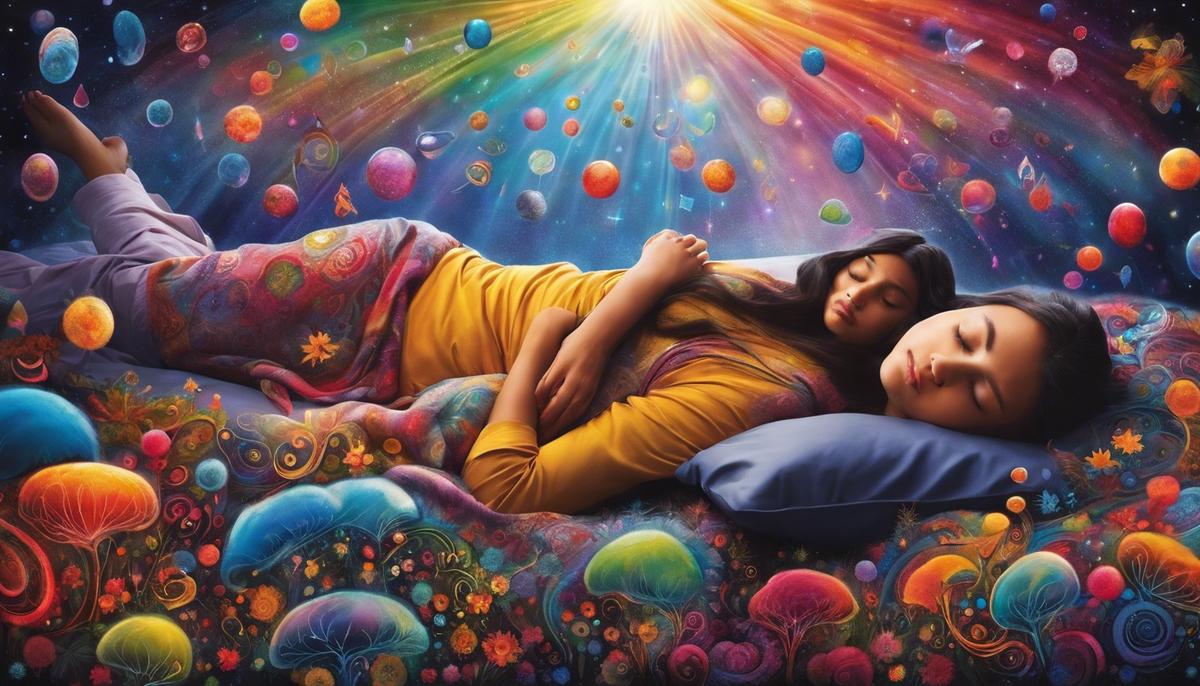
Bee Symbolism in Different Cultures
Tracing the Buzz: Bee Symbolism Across Cultures
Bees, these diminutive workers of the natural world, carry much more significance than their size might hint at. They serve not only as vital pollinators in our ecosystems, but also as potent symbols in many world cultures. Buzz along as we delve into the fascinating interpretation of bees throughout history and across various societies.
In ancient Egyptian mythology, Bees were believed to have originated from the tears of the Sun God, Ra, hence possessing solar and creative attributes. Symbols etched onto the tombs of Pharaohs demonstrated the belief in the bee as a source of eternal life. It represented the bridge between this world and the afterlife, symbolizing resurrected souls living forever in the land of the divine.
Bees held a mystical status in classical Greek and Roman cultures. In Greece, they were seen as the sacred insect that bridged the natural world with the underworld. Aristaeus, the ancient Greek God of bee-keeping, was venerated and his followers held the belief of bees being the incarnations of the souls of the dead. In Roman tradition, the bee echoed the values of diligence, teamwork, and productivity, informing their societal structure.
For the Celts, the bee was a symbol of hidden wisdom and secret keeper of the otherworld. Honey, as a byproduct of bees, represented healing and rejuvenation. Celtic folklore often mentions bees as guides, leading seekers to spiritual discovery.
In Native American tribes, the bee was emblematic of fertility and providence. Navajos regarded bees as signifying industriousness and perseverance. They believed the buzzing sound resonating from the bee was a healing meditation that connected the physical and spiritual realms.
Bee symbolism also resonates in Eastern cultures. Buddhism recognizes the bee for its non-violence and extracts nectar without causing harm to the flower. This mirrors the principle of ‘Ahimsa’ or non-violence – a fundamental teaching in Buddhism. In addition, the bee’s journey from flower to flower is considered indicative of reincarnation.
The Islamic culture too illustrates reverence towards bees. In the Qur’an, God uses the bee as an example to teach humans humbleness, industriousness, and effective planning.
So, next time you see a bee buzzing past, remember that beyond its role as a pollinator, this tiny creature has commanded respect and embodied deep symbolic significance in diverse cultures for centuries. Be it service, eternal life, diligence, wisdom, fertility, or non-violence, bees across cultures are un-bee-lievable carriers of potent symbolism. To each culture, the bee has whispered different secrets, and our understanding of them continues to evolve, just like our dreamscapes.
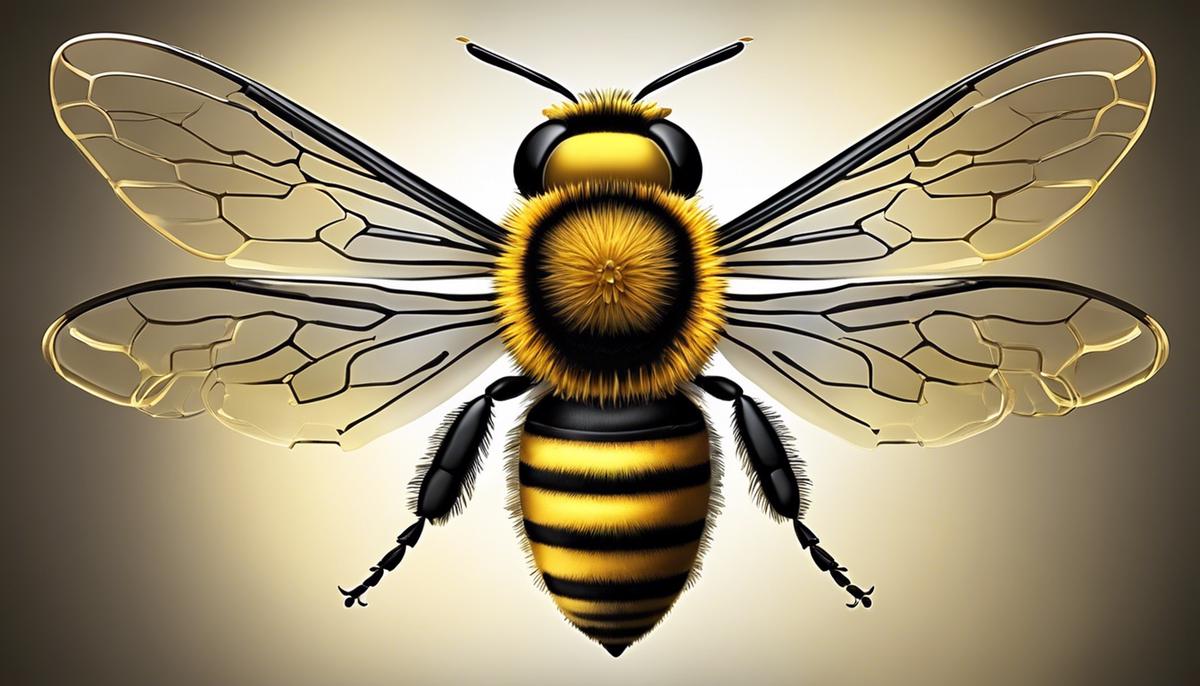
The Meaning of Bee Stings
After exploring dream theories and cultural interpretations of bees, let’s delve into the specific scenario of getting stung by a bee in a dream. Due to diverse cultural backgrounds and individual associations, analyzing such a dream like an extraordinary hobby tailor-made to fit the dreamer is exciting.
In many cultures, bees represent industriousness, teamwork, productivity, and life’s sweet rewards – honey. Picture a bee hive humming with unified, coordinated efforts; it’s an ecosystem birthing sweet sustenance. However, the bee’s sting is a reminder that life’s bounties do not come without sacrifice, risk, and sometimes, a sharp pinch of pain. When one dreams of being stung by a bee, it’s often interpreted as a call to recognize these hidden trials or challenges mingled within victory.
This segment would be incomplete without mentioning Chinese dream interpretation. Dating back to ZhouGong’s Dream Dictionary crafted during the Tang Dynasty, Chinese dream pundits regard a bee sting as a good omen. It suggests that an imminent windfall or promotion is on its way.
On the other hand, for the practitioners of individualistic interpretation, the meaning of a bee sting dream hinges on personal experiences, emotions or thoughts associated with the bee. It could be a latent fear, a past painful event, or even a warning of potential danger. For somebody who has been bitten or who has a phobia of bees, such a dream might be harking back to past traumas, perhaps even suggesting the need for healing.
Bear in mind, learning about dream interpretations is a journey, not a destination. Like fine wine aging in a barrel or a butterfly coming out of a cocoon, contemplating your dream meanings is a process.
In the end, the best person to unpack the meaning of a dream is always the dreamer. In the realm of dreams, you are the master interpreter, guiding yourself to impressive insights. Just like a fervid hobbyist, with every new layer you peel back and every new challenge you unscramble, you discover another tiny piece towards building your masterpiece.
Happy dreaming and interpreting, dear hobbyist. Onwards towards the next adventure!
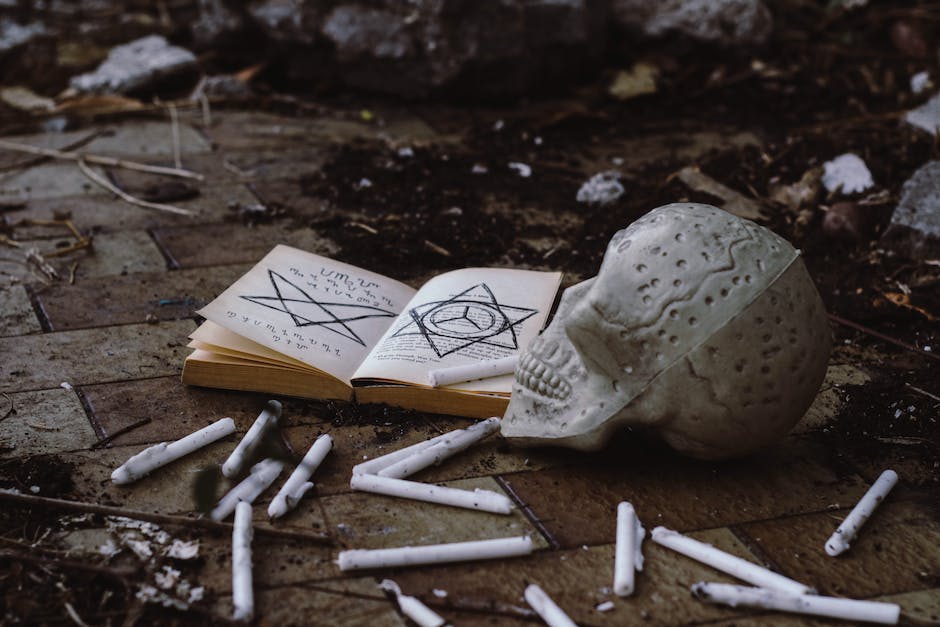
How to Analyze Bee Sting Dreams
Zooming In: Interpreting the Symbolism of a Bee Sting Dream
Narrated by the fascinations of beekeeping devotees, the tale of bees in our world unravels into a captivating ethos of enchantment and wisdom. They are more than just honey manufacturers and garden crawlers; in fact, bees have achieved great symbolic depth in the annals of human history, culture, and psychology. This culminated wealth of meaning then takes an interesting turn when we experience a dream of being stung by these mystifying creatures.
Let us dive into the intricacies of a bee sting dream and how its implications are decoded.
To begin, it is essential to note that the symbolism of bees and how it resonates on an individual level greatly influences how one interprets such a dream. We often associate bees with diligence, unity, creativity, abundance, and resurrection. However, a bee sting, despite being part of the bee’s formidable defense mechanism, might be highlighting other aspects of our waking life.
Dream analysts often suggest that dreaming about a bee sting can signify a painful situation or a sense of hurt in waking life. This pain can stem from various areas of life including relationships, career, or personal growth. The dream bee sting could be a subconscious call to address these challenges before they escalate.
Conversely, a dream about a bee sting can also symbolize personal transformation. When a bee stings, it leaves behind a part of itself, often leading to its demise. This act of sacrifice signifies a complete transformation in some cultures, and having such a dream could mean that you are on the brink of experiencing a significant change or growth in your life.
A fascinating perspective that stems from Chinese dream lore suggests that a bee sting dream could hint at a promotion or sudden windfall in the near future. This unexpected gest earns its roots from the association of bee stings with luck and fortune.
Moreover, personal associations and past experiences can provide a unique lens in understanding a bee sting dream. If you have a fear of bees (apiphobia), this dream could be a manifestation of this fear. However, if you’re smitten by these pollinating warriors, perhaps synchronizing with their organized regimen, such a dream could be nudging you towards adopting their qualities of team spirit, hard work, and determination.
Throughout humanity, dream interpretation has been embraced as an art, a science, and a tool for introspection. They’ve been the quiet whisper of our subconscious, an echo of the past, or a celestial compass charting out our course for the future. But, much like the passionate hobbyist sculpting their masterpiece, the real essence of dream interpretation lies in regularly exploring, loving the process, and constantly learning more about oneself.
Behold, the labyrinth that is the world of dreams is calling you to find your amaze-ing insight. Every turn that you fear could be a sting, might just be your ticket to an exhilarating discovery. So, the next time you find yourself getting stung by a bee in the dream realm, be ready to welcome its buzz of wisdom and enlightenment.
Remember, the world of dreams often mirrors wavelengths of our existence that aren’t always visible to the naked eye. Unwrap its lessons one dream at a time, tread carefully, and bask in the rich honey that your inner bee brings to light. After all, there’s no dream guide more reliable than our own intuition and inherent wisdom.
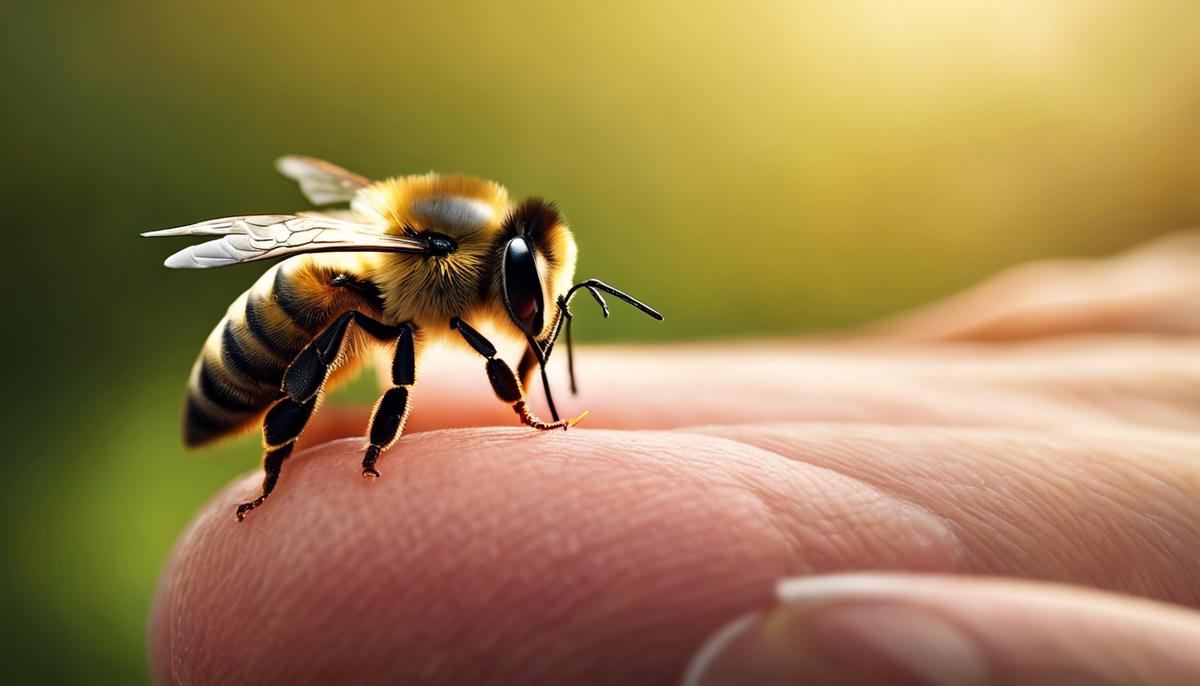
Case Studies: Bee Sting Dream Interpretations
Stepping into the intriguing realm of dream interpretation, one often encounters symbolic elements that require a keen understanding of personal and cultural context. One such element that frequently piques curiosity and demands analysis is the bee, or more specifically, bee stings manifested in dreams.
Diving straight in, it’s important to remember that each dream is a unique and personal experience. Therefore, the interpretation of a bee sting can vary drastically from person to person. Generally, the common understanding denotes that an encounter with a bee sting in your dream signifies upcoming challenges and transformation. This trace back to the experience associated with a bee sting – it’s usually painful and often leads to an immediate reaction, reflecting alterations and responses that dreams elicits in real life.
The appearance of bee stings can also symbolize personal growth. Recollect how bee stings can be painful but eventually lead to the body’s enhanced immunity against future stings. Similar to this, life’s trials and difficulties, though painful, often bring inner strength and resilience, making us more prepared for future challenges.
Adventuring further, we bump into the wisdom of Chinese dream interpretations. Here, a bee sting in your dream can be considered a positive sign. It’s often associated with the prospect of a windfall or potential promotion – something to look forward to.
Crossing borders, bee stings in dreams can also echo personal fears or traumas, especially if one has experienced a bee sting in the past or holds a fear of bees. This showcases how personal experiences and feelings can heavily influence the interpretation of these dreams, underlining the principle that the dreamer is indeed the ultimate dream interpreter.
Unwrapping the layers of dream analysis feels much like a journey. Delving into the depths of our dreams to comprehend our subconscious thoughts and feelings is like piecing together a puzzle. The symbols in our dreams, including bee stings, are intricate pieces of this puzzle, which gradually reveal a bigger, more insightful picture of our internal self, our perceptions, and our life’s experiences.
Moreover, it’s important to remember that dream interpretation, much like any hobby, requires time, dedication, and even a pinch of intuition. With a dash of cultural understanding, topped with personal insight, dream enthusiasts can start to interpret the complex symbols in our dreams effectively.
At the heart of it, examining bee sting dreams is a fascinating trip into the human mind’s symbolic language. It’s a glimpse into our fears, expectations, challenges, and personal growth. As budding dream interpreters, embracing the dream’s wisdom, as strange as it may sometimes be, becomes an enlightening exploration into our psyche, revealing the possibility of beautifying our waking lives with these nocturnal narratives. Embracing and interpreting our dreams can be a rewarding adventure, much like the honeybee’s journey, transforming nectar into sweet honey, one dream at a time.
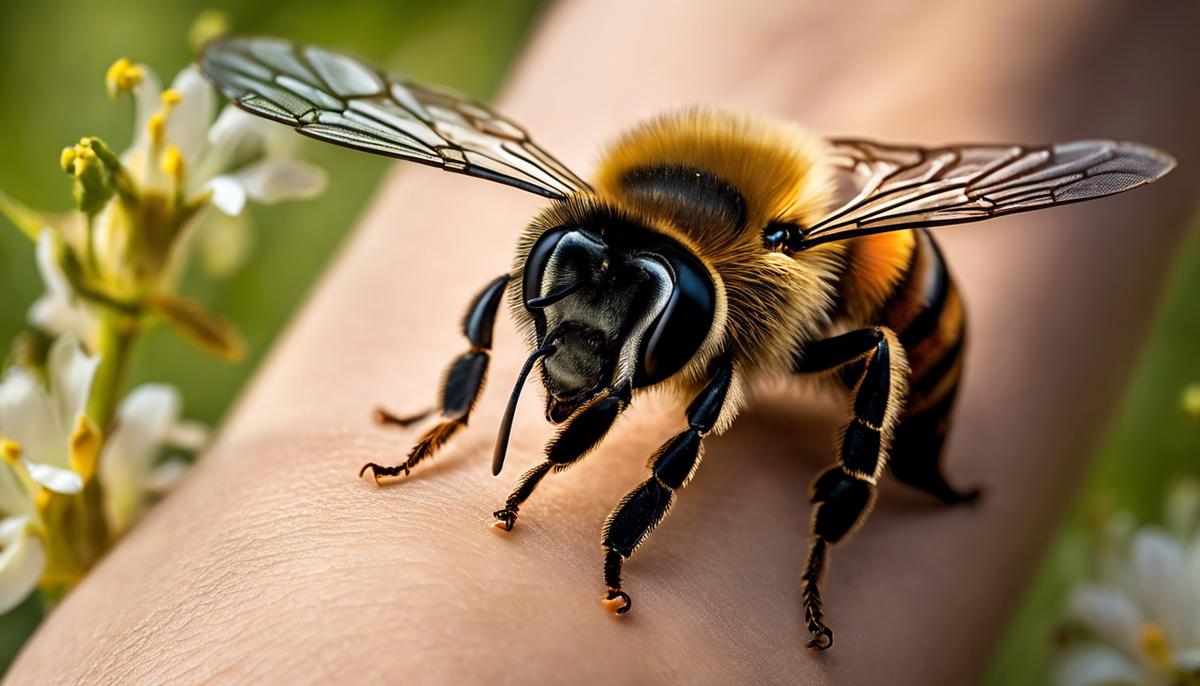
Diving into the depths of our unconscious through dreams can open the gateway to a better understanding of our inner selves. The symbol of a bee sting has been shown to carry multi-faceted interpretations, fluctuating across different cultures and personal contexts. It can be seen as a representation of physical and emotional pain, crucial turning points in life, or the need to awaken to certain issues requiring our attention. As with any symbol, its true resonance is tailored to the individual dreamer’s landscape of experiences, emotions, and situations. These versatile interpretations of bee sting dreams instill a newfound appreciation for the richness of our subconscious and the valuable insights it holds.

